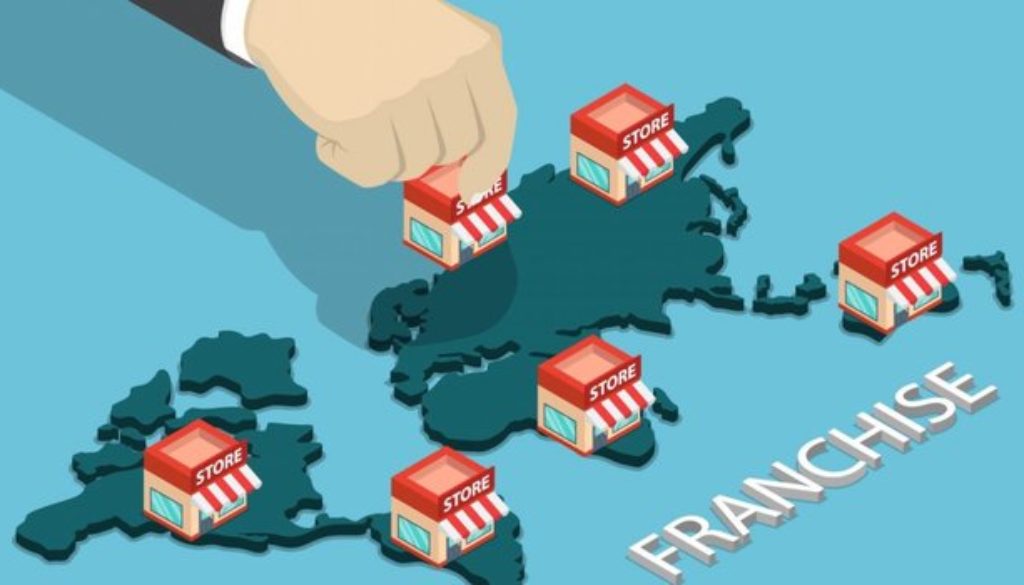The Growth Of The Multi-Unit Franchisee Owner
In recent years, there has been tremendous growth in the number of franchise owners who own more than one franchise location. Whether it be a franchisee who owns and manages two locations in their hometown or an investment group that owns more than 100 locations in multiple cities, there are many reasons why opening more than one location presents an excellent opportunity for growth and wealth creation.
As with all business decisions, multi-unit franchise ownership comes down to money and control. If you own a franchise that operates from a retail location, the path to growth is through more development. The more locations you have, the more valuable your business becomes. Larger franchisees who diversify through a variety of locations are also better positioned to withstand an economic downturn — something we witnessed just a decade ago.
While multi-unit operators face additional responsibilities, most feel the geographic diversification makes it worth it. Once a franchisee has a number of locations with the first franchise system, they will often look to open a few locations with a second or third franchise brand. This provides industry diversification. Although they may leave some money in the stock market, most multi-unit franchisees value the ability to diversify and feel confident with the additional level of control and safety a business can provide.
So, who are the people most likely to own multiple locations? In my role as a franchise coach, I often find people who own more than one franchise are established professionals, typically 35-60 years old. They are usually at least 35 years old because they need enough money to afford multiple franchises. They tend to be younger than 60 because, at that age point, most folks are less interested in long-term wealth and income-creation strategies.
People who own multiple franchises also tend to have a strong income history. They know how to make money and can scale a business. These individuals have professional management experience and are very comfortable in this role. They can manage people and have strong organization, finance and relationship development skills.
As you can imagine, owning one franchise versus multiple locations significantly differs in the day-to-day management of those units. Owning a single location often means being there every single day and essentially being the manager of the franchise. However, individuals who want to own multiple locations do not want to be store managers. They are still involved in the business on a full-time basis, but their focus is on growing their network of locations. They are rarely in a situation in which they are working in an actual location each day, but instead, put a manager in charge of the daily operations. The multi-unit owner’s concentration is the big-picture view of their entire system and scaling their business with additional locations.
There are also several economic and efficiency benefits when it comes to owning multiple locations, particularly within the same market. In some cases, a franchise can share expenses across multiple locations. If they own several sites in one market, they can run a marketing program in which all locations will benefit. They can also share human resources and staffing, like sending a staff member from one location to another if someone doesn’t show up for work. The same goes if they are running short on products or equipment. It is possible to take inventory from one location until another nearby location gets a new shipment.
From the franchisor’s point of view, doing business with individuals who wish to open a group of locations is also very attractive. Opening a first location is a lot of work for both the franchisee and the franchisor. The full learning curve has to be navigated, including things such as training programs, assistance with real estate, the physical buildout, marketing programs and all the pieces to get that first location open. Both parties are going to put a lot of time and effort into opening that first unit, trying to make it successful and help the franchisee. The second location will be much easier, both for the franchisee and for the franchisor, because they’ve gained experience from the first opening. Every location thereafter gets easier. Franchisors are driven by royalty income, and their goal is to open multiple locations and gain additional royalty income streams.
Doing business with proven, multi-unit franchise owners is even more appealing to franchisors. This is primarily because these franchisees are established commodities and have proven track records of success. If they already operate 20 units, there is a good chance their operation is successful, and they will have the experience, desire and capital to open additional locations. Multi-unit franchisees also have strong social capital and business relations in their local market. These advantages help with all aspects of the development and operational cycle.
A friend of mine owns 40 locations of a specific concept. One day after dinner we were talking, and I asked him what it was like to operate 40 locations. He laughed and said the more locations he has, the easier it gets. More locations give him more experience, but more importantly, multiple locations give him the ability to hire additional layers of staff. He has a full-time GM, controller and training person. He has groomed these people over many years, and now they run his business for him. At this point in his development, he works about 20 hours per week.
There are many benefits to owning multiple franchise locations. Anytime there is a chance to successfully scale a business and create a greater opportunity for wealth creation, it becomes a powerful commodity in the business world. Today, multi-unit franchise development is very popular, and — based on the ability to create wealth — I expect the trend to continue.





